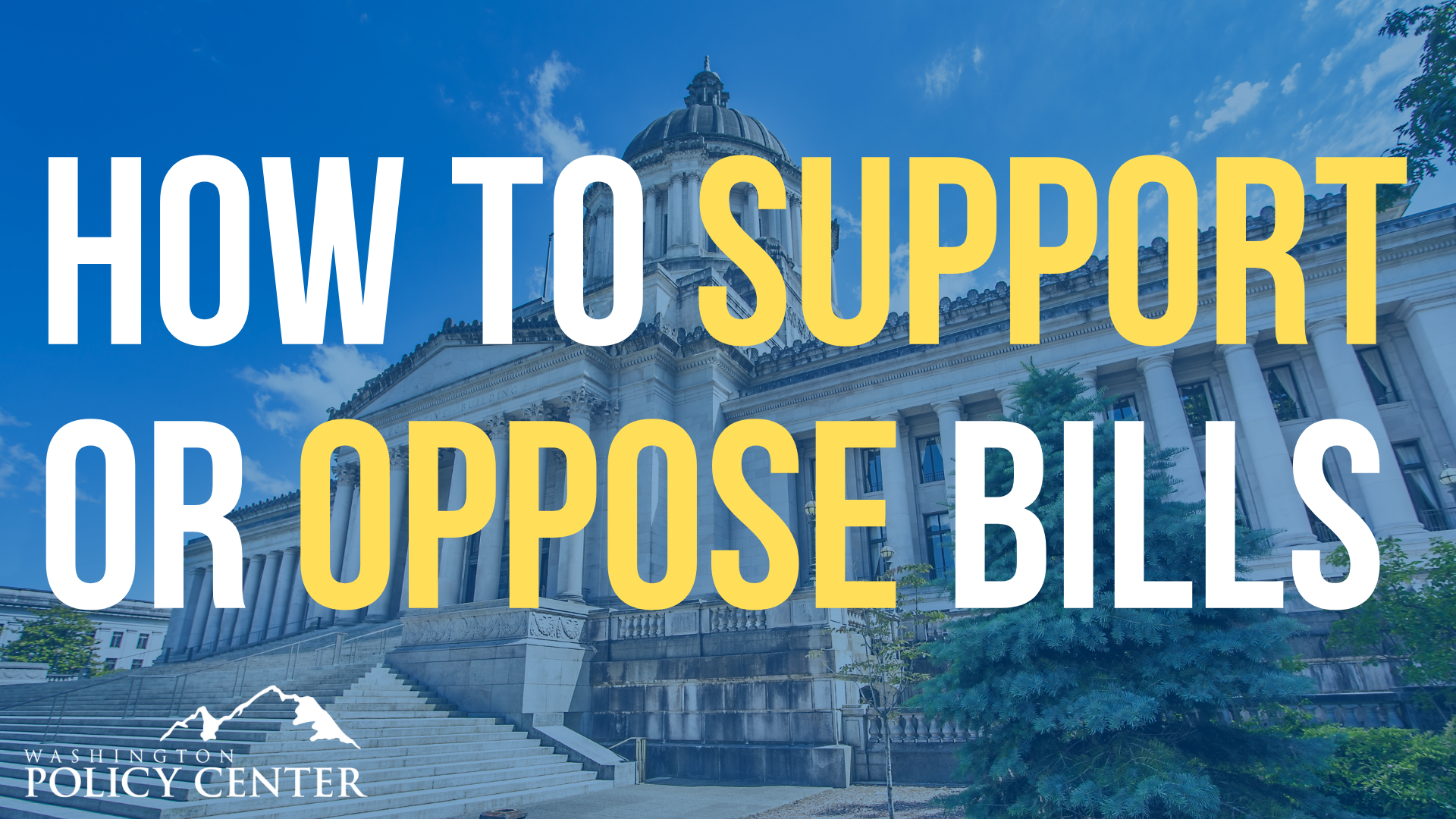For years, the political left has suggested lowering the age of eligibility for Medicare enrollment. Rather than advocate for a single-payer health care system, lowering the age of Medicare eligibility is simply an incremental step toward the left’s goal of a complete government-run system. Incremental steps, including Obamacare, continue to move the U.S. closer to a single-payer plan.
The most recent proposal would drop the age of Medicare eligibility to 60 years of age. Researchers at Politico have made estimates of the impact of this move. (here) Overall, 23 million Americans would potentially wind up in the Medicare expansion – 13.4M now enrolled in employer-paid health insurance, 3.8M from Medicaid rolls, 3.2M who now have individual health insurance plans, and the remainder who are now uninsured.
There are currently 67.7M seniors enrolled in Medicare. (here) In other words, dropping the age to 60 would increase Medicare enrollment by 34 percent and would place almost one third of all Americans in this single-payer, government-controlled health plan.
When the program started in 1965, the average life expectancy in the U.S. was 67 years for men and 74 years for women. Average life expectancy is now up to 76 years for men and 81 years for women, straining an entitlement program that was not designed to provide health services to people for so many years late in life. (here)
As background, at Medicare’s outset in 1965 at least 60 percent of all seniors already had some form of health insurance. Also, low-income seniors were provided with health insurance on a voluntary basis through the Kerr-Mills law of 1960. These facts raise the question of why a new program was needed, whether Medicare was simply pandering to the senior vote, and whether Medicare was being used as the first step to complete socialization of health care in the U.S.
Like Social Security, Medicare was set up as a pay-as-you-go system, where today’s benefits are mainly funded by current taxes. Obviously, the first wave of recipients had contributed nothing in payroll tax to the program. With the decreasing proportion of workers in future generations, and with the massive number of baby boomers approaching retirement, this pay-as-you-go system now represents a financial catastrophe and is not viable. The reality is that the payroll taxes paid by seniors during their working years account for, on average, only one third of their individual Medicare utilization costs.
If Medicare is to continue even in its present form, one or more of three things must happen:
• Benefits will need to be decreased;
• Payroll taxes will need to be increased, or;
• Seniors will need to pay more out of pocket.
A fourth option, of course, would be to use general taxes to cover more of Medicare deficits. Dropping the age of eligibility of Medicare would rely heavily on this fourth option and would require massive new taxes. The American public has tolerated incremental moves toward socialized medicine. The political left understands this and expanding Medicare would simply be one more of these moves.






